Economics I. - GKXEC2ABNF
Academic year/semester: 2024/25/2
ECTS Credits: 5
Available for: Only for the faculty’s students
Lecture hours: 2
Seminarium:0
Practice: 3
Laboratory: 0
Consultation: 0
Prerequisites: -
Course Leader: Eszter Marczellné Szilágyi
Faculty: Keleti Károly Faculty of Business and Management, 1084 Budapest, Tavaszmező utca 17.
Course Description:
In Microeconomics we study how markets work and how individual actor such households and companies make their decisions and behave. Students understand the demand and supply, their interactions, changes and the results of those changes. Participants will be able to separate changing and non-changing elements, independent and dependent variables, economic laws and accidental happenings around. Students will learn the INNER LOGIC of markets and their effects and will recognise different types of the market. They also will learn about the effects of different market types on the firms behaviour. We will study about regulatory state (government) and its necessity.
Competences:
-
Topics:
1. Market demand and supply
2. Customers surplus, Producers surplus
3. External price regulation: the effects of price - maximalization and - minimalization
4. Price elesticity of demand
5. Utility, customer preferences, indifference curves
6. Budget restraint and customer s optimal choice
7. The company – the production curve; long- and short term decisions
8. Partial production function; Marginal product of labour, Average product of labour
9. Short term cost functions
10. Main market structures: perfect competition, monopolistic competition, oligopoly, monopoly
11. Marginalrevenue in competitive and in monoploy- markets
12. Profit maximizing output
13. Long-term decisions of the compeny
14. Extrenalities
Assessment: Economics 1 is taught in weekly lectures and weekly seminars In the lecture, the new knowledge is introduces week by week In the seminar, teacher and student practice together – it is exam-based practice, so here the concrete exam tasks are practised together Exam 1: (midterm exam, written in week 6): mostly calculations (previously introduced and practised in the seminars) Exam 2: Less calculations, more about the general interrelations of the economy (test-based exam, also previously practised // sample exam tests are offered for the successful exam) One written midterm exam in week 6 and a final written (test-based) exam at theend of the semester Final mark: 30% from Midterm exam result, 70% from final exam result Total points: 100 0-49: 1(fail) 50-62: 2 (pass) 63-74: 3 (satisfactory) 75-86: 4 (good) 87-100: 5 (excellent)
Exam Types:
Written Exam
Compulsory bibliography: Hal R. Varian, Marc Melitz (2024): Intermediate Microeconomics: A Modern Approach; 10th Edition; W. W. Norton & Company
Recommended bibliography: Study material will be shared with students (in the form of ppt slides and samlpe testes)
Additional bibliography: -
Additional Information: -



